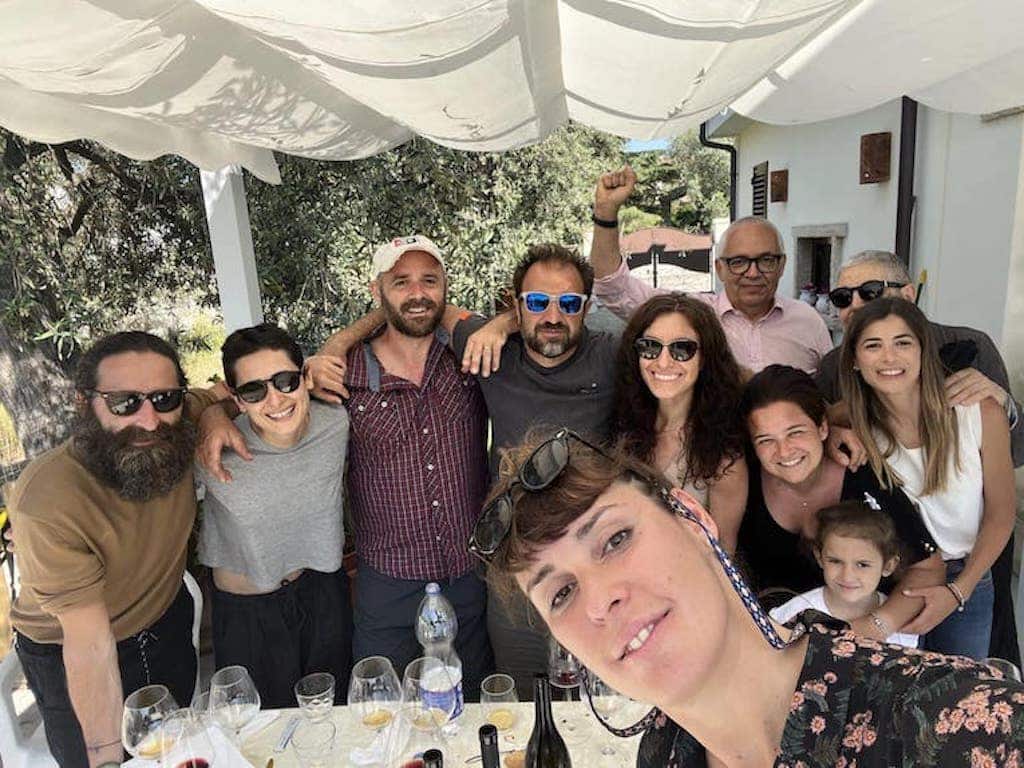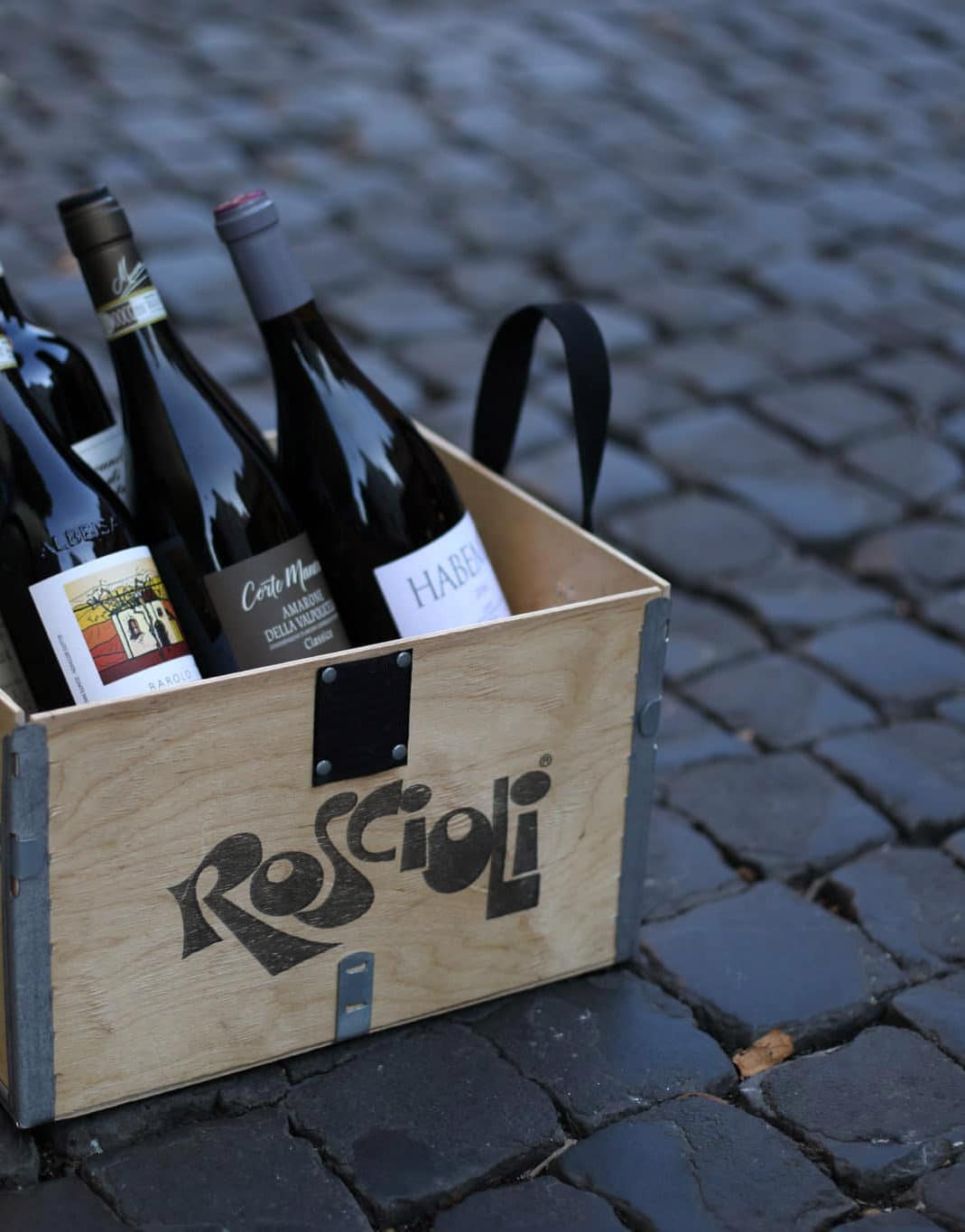Ziggurat 2021, Antichi Vigneti Manca
Pairings
Risotto with parmesan and sage is a great pairing. Also ideal with baked sea bream or bluegill fish and potatoes.
Regional Recipe

The Story
The Story
We tasted the Manca sisters Ziggurat 2021 wine from Antichi Vigneti Manca at Rimessa Roscioli a few months ago. Lindsay got goosebumps, one of those rare events where a sip becomes a pure, almost mystical aesthetic experience. She mentioned Berenson, the last great American intellectual able to talk about Italy without falling into easy stereotypes like those in 'Under a Tuscan Sun'.
The Manca sisters are very sweet, different but similar. One more shy and emotional, Noemi, and the other more resolute and enterprising, Alessia. We begin the usual tour of the vineyards, walks in which we discuss technical issues, geo-morphological, type of climate, of the plant. Different and identical speeches to many other Italian artisans. Each with his awareness and the privilege of owning a unique piece of land that for infinite historical and cultural reasons, gives a unique wine. In short, we take a walk which proceeds like many others we have done in different regions of Italy, exchanging stories, when we arrive in front of a plant that looks like an old gentleman. A sapling with two arms, it looks like a twisted soul. Noemi says 'my grandfather planted this when he was little. There are few left. Taking care of him is a bit like being with him. Have you seen that big hole where we’re building a cellar? To make it, we had to uproot 25 plants and ...
Something splendid and moving happens. Noemi begins to cry, so does her sister and us too. To pity those 25 uprooted plants, as if they were human beings, indelible memories. And this all seems easy rhetoric, to tell it. The farmer dedicated to the land and its traditions, we citizens who come to the countryside to buy these moral works on the true meaning of things and emotions. But it matters little to me, even if these lines seem fake, constructed.
This is how I felt, and I think Lindsay too. Telling stories about wine. But how, without falling into the aseptic description, or into banal rhetoric? How to tell you what we feel every time when we visit a winery like that of the Manca sisters? How to translate that sense of sharing and belonging? Emotion is a feeling so beautiful to feel but so vulgar to describe. I only hope that by tasting this wine you too can travel with the senses, feel the taste of the sea, understand that for some people (I think few now) the scale of values of what matters has a completely different disposition and a different sense of priorities. Where what we feel and share is subordinate to what we own. Thus the object, be it a plant, a millenary pyramid, a bottle becomes magical and apotropaic. Everything acquires meaning and solidity because it is independent of the thing.
After our walk we went to eat at their house, drank many other wines, each with its own identity and territoriality, each accompanied by a story of some father, grandfather or ancestor. Then we lay down in the shade of the olive trees tasting a very rare bottle of Muscat, to seal a day with a bucolic and millennial spirit, more or less aware of participating in an ancient rite like those pyramids. Same places, same olive trees, same flavors, probably.
This other rhetorical closure, which leaves me with a sense of bitterness, because a stupid voice inside me tells me: no, this is not how it should be described. Perhaps it is better to have Gianpaolo, Alessia's husband, express it:
"In this area, vases of Mycenaean origin have been found, therefore dating back to the Bronze Age... so wine has been drunk here as early as 1500 BC... For decades it was thought that viticulture had been brought by the Phoenicians... very wrong, because the Sardinians drank wine already in the Bronze Age... and knowing that a vase from that era was found here is something for us... we feel a responsibility to carry on this culture that in 4,000 years has never been lost. Because wine is sociality, territory, culture, in essence it is all that matters for us."
 SEI IN ITALIA? CLICCA QUI
SEI IN ITALIA? CLICCA QUI 
